ToxicTok: How Social Media Is Sabotaging Your Blossoming Relationship
We all know social media is a mixed basket of fact and fiction. Behind filters and captions, it’s hard to tell what’s true, what’s simply entertaining, and what shouldn’t even make it into our minds.
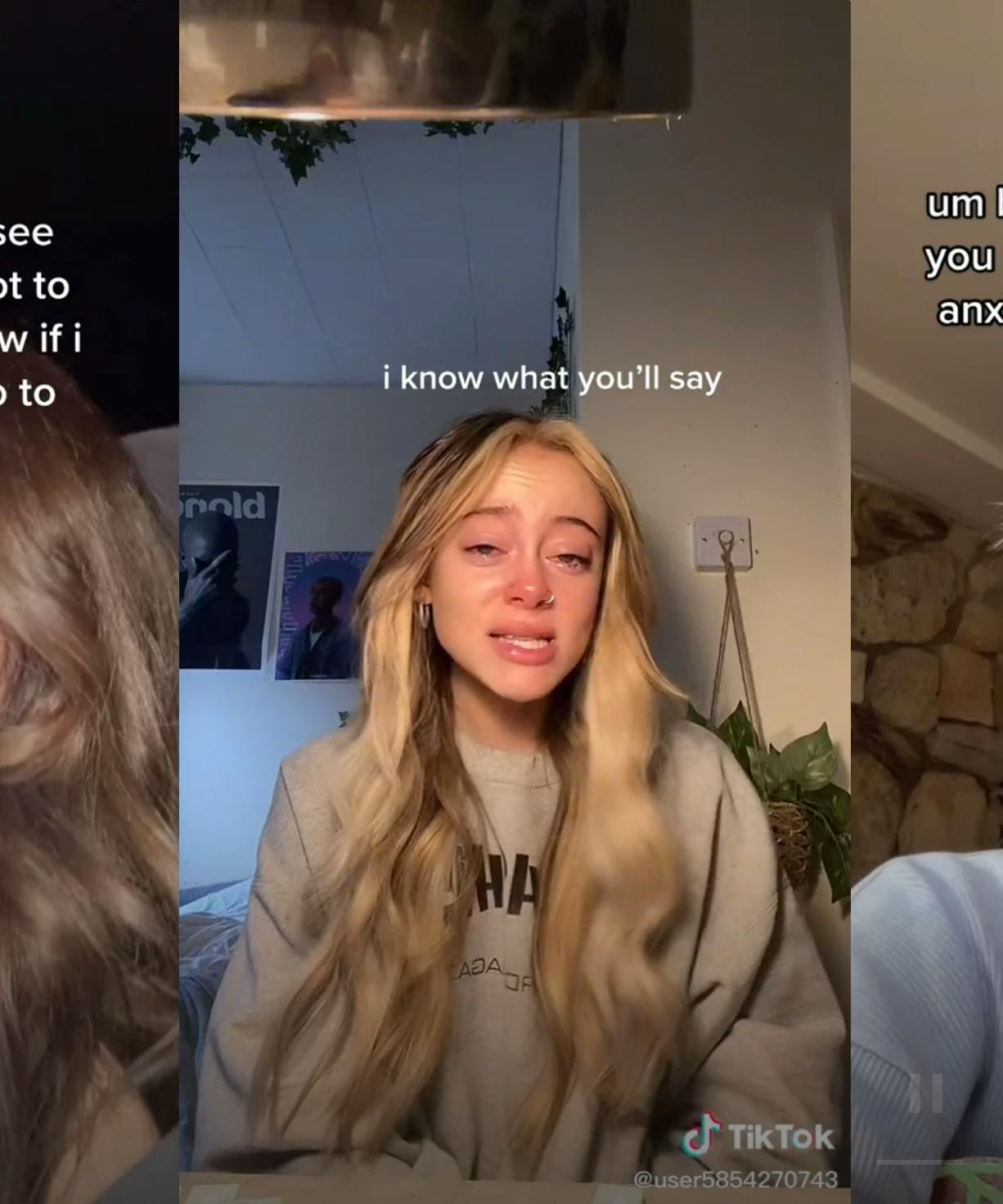
One thing that’s been taken over by social media’s influence is sex and relationships. Like the ‘90s overly positive view of sex and hookups, this day and age has all its own views on relationships, and some of them could use a filter to make them a bit more glamorous.
Maybe you just downloaded TikTok for funny cat videos, maybe you wanted to get fashion inspiration, or maybe you wanted some short science facts to share with your circle. We all have our reasons for downloading TikTok and, like every other app, TikTok has its ways to keep you and its over 130 million active users in the U.S. engaged. From tips for gaslighting your significant other to how to tell if your partner is cheating on you, TikTok and other social media platforms have created a dangerous game out of overthinking your relationship.
Highlighting Your Attachment Style
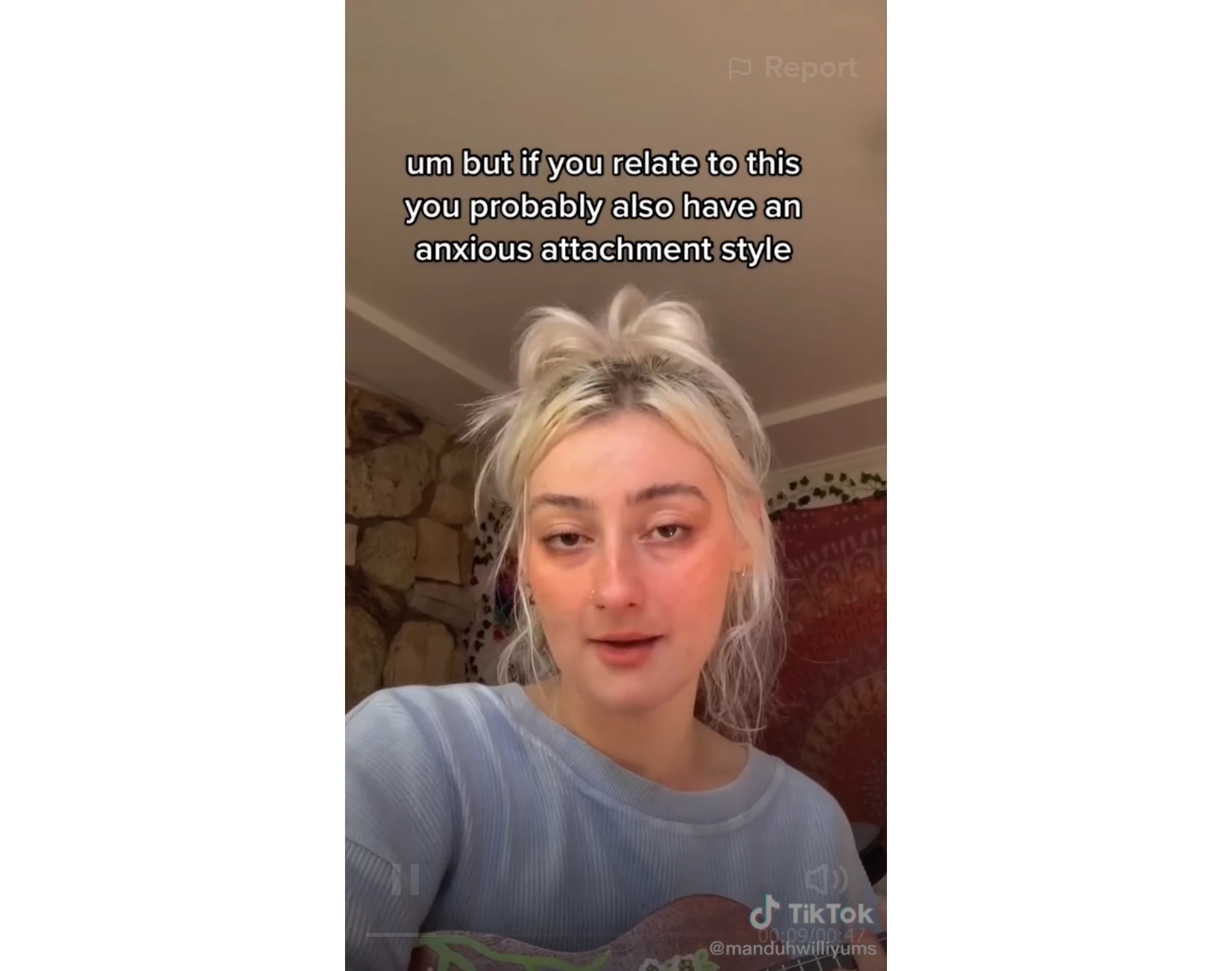
In the 1950s, psychologist Mary Ainsworth and psychiatrist John Bowlby developed a theory about attachment, how one person relates to another in a relationship. The theory divides individuals into two sections – secure and insecure, with the latter having three different subcategories. According to attachment research coordinated by psychologists Cindy Hazan and Phillip Shaver in the ‘80s, about 56% of adults have a secure attachment style. The others find themselves classified as anxious attachment, avoidant attachment, or fearful-avoidant (otherwise known as disorganized) attachment. (Read this Evie article for a more detailed explanation of attachment theory and styles.)
Whatever your attachment style is, it doesn’t take long for TikTok’s algorithm to pick up on your love language. It takes even less time for the app to emotionally exploit you.
You’re Insecure, TikTok Knows What For
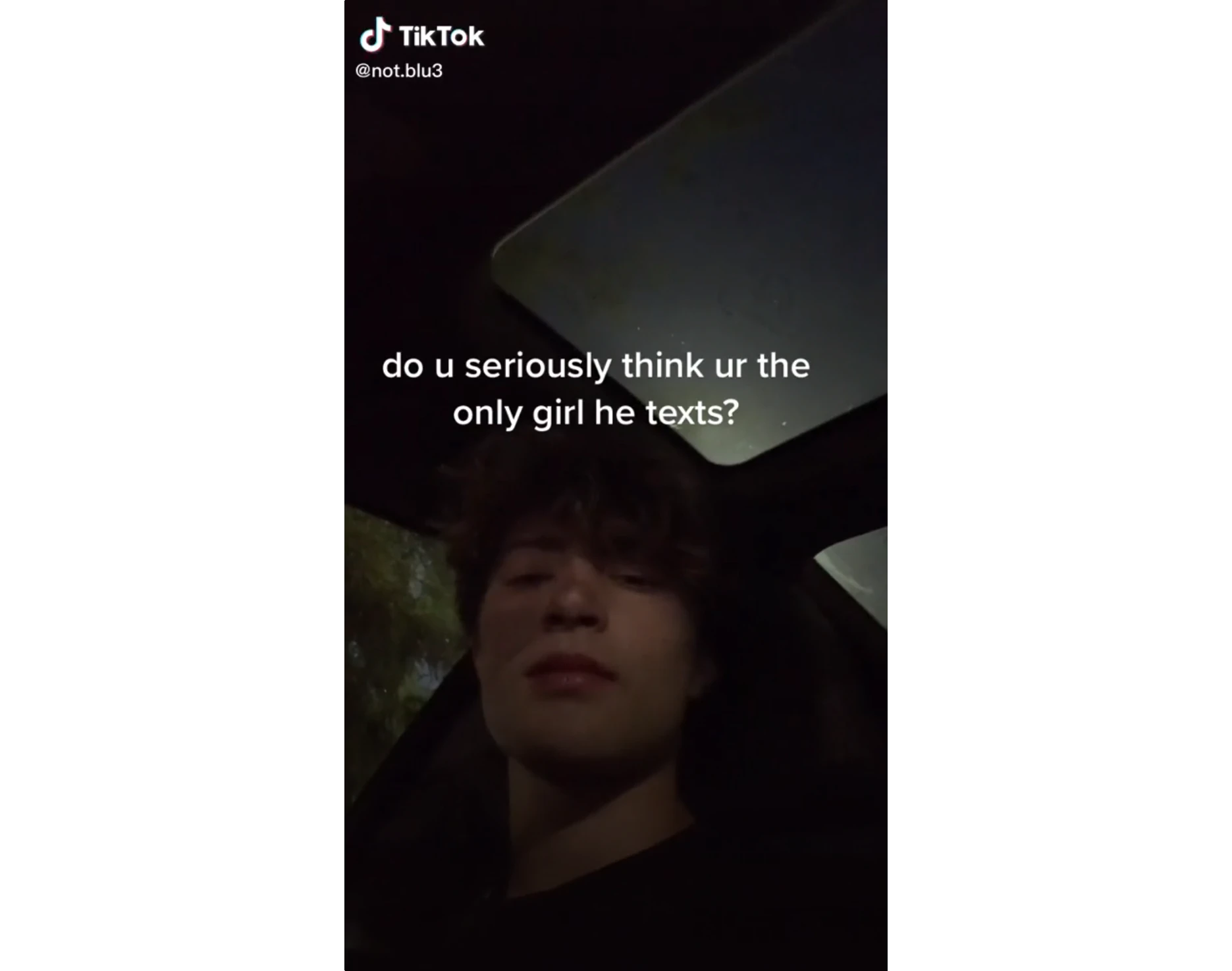
While you may be a part of the 56% that finds serenity and security in a relationship, if you’re a part of the insecure styles, it only takes a few double-taps (or even just a few seconds of viewing a video) before the app discovers just what strings need to be pulled to unravel you.
“Here’s Five Signs Your Partner is Cheating.” “This Initial Doesn’t Really Care About You.” “You’re a Virgo? Well, a Capricorn is Playing You.” You don’t have to believe any of what these shallow 15-second videos are saying for your mind to hop to your boyfriend and his behavior. As if we don’t question ourselves enough, it’s almost like social media wants us to do more questioning and overthinking than before.
We know that TikTok has an intelligent enough algorithm to propose new videos that fall right into line with the last. But why isn’t it intelligent enough to give us that positive boost we obviously need? None of us are strangers to the scary statistics that social media has played into mental health, but shouldn’t we be asking more questions as to why these popular platforms aren’t playing their part in reversing the negative outcomes that social media has created? It’s enough to have anxiety, it’s a whole other task to cope with it when your personally curated video feed is telling you your partner is cheating, lying, and playing with your heart.
Education vs. Entertainment
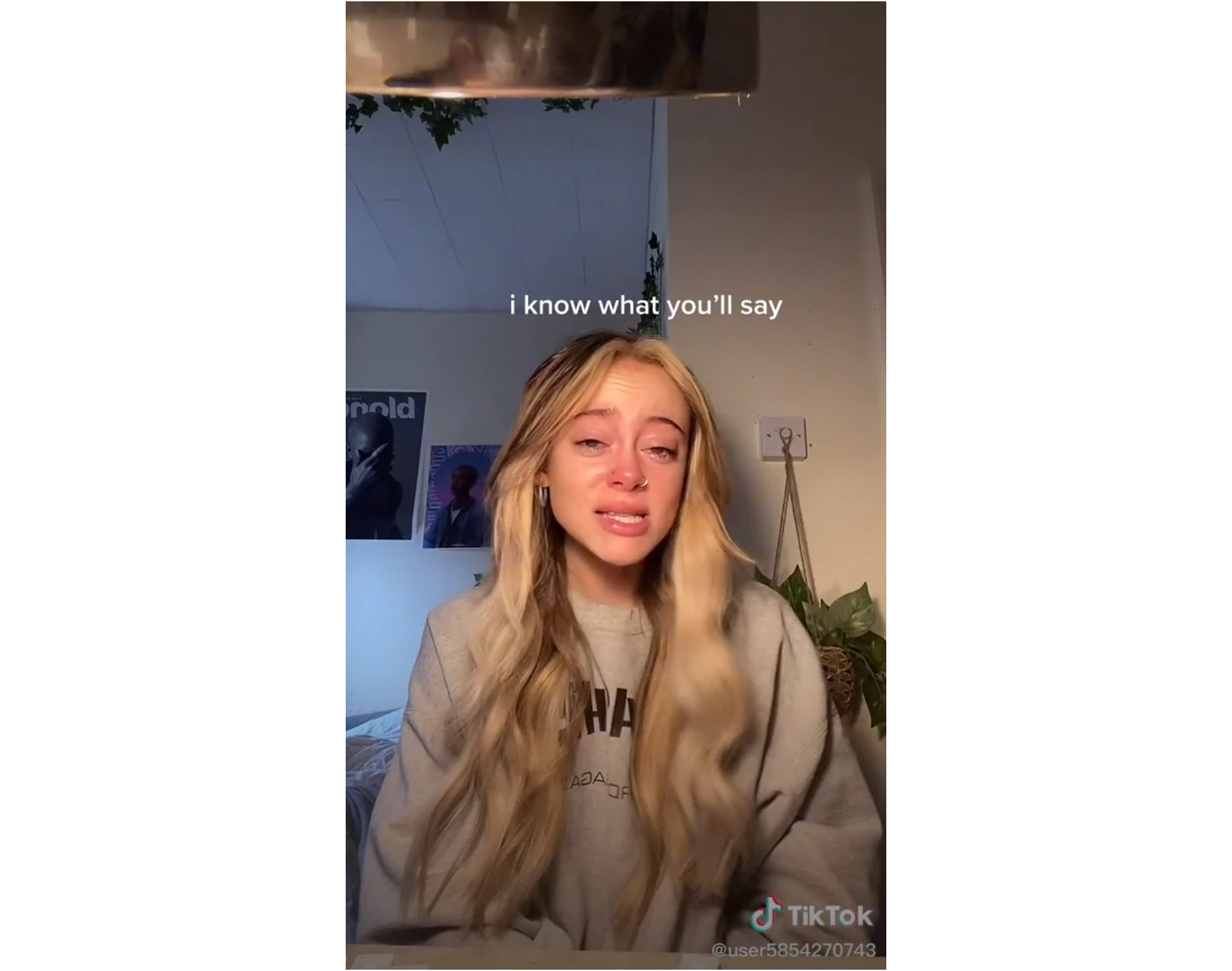
TikTok is fueled by views and views are fueled by two things: relatability and discord. The latter comes naturally despite what anyone posts. The former, though, is a bit more of an intricate system. The easiest way to relate? Talking about a healthy relationship doesn’t seem to cut it. Heartbreak? That does the trick. It’s a girl crying over her breakup, her broken trust, that seems to hit the nail on the head perfectly. It’s a guy who opened up about his emotions only to get shut down by a girl once again. These stories are everywhere, ready to be watched by the next TikTok scroller.
You don’t have to search too far for a comment that says “So we’re all living the same life, huh?” Heartache, pain, breakups – we’ve all experienced it and we’re all happy to find that others have gone through and survived the same thing. However, the line is crossed when creators abuse their relatability for the sake of viewers. Experiences from others can educate us. A post about red flags we may not have previously thought of could mean a world of difference. But when creators stake claims that things are black and white, that this must mean your relationship is about to fall apart, that’s when things get a bit messy. Five-second quick facts usually don’t cut it when it comes to relationships, but it seems social media has made us all rather tone-deaf to fact and fiction.
I Didn’t Do It
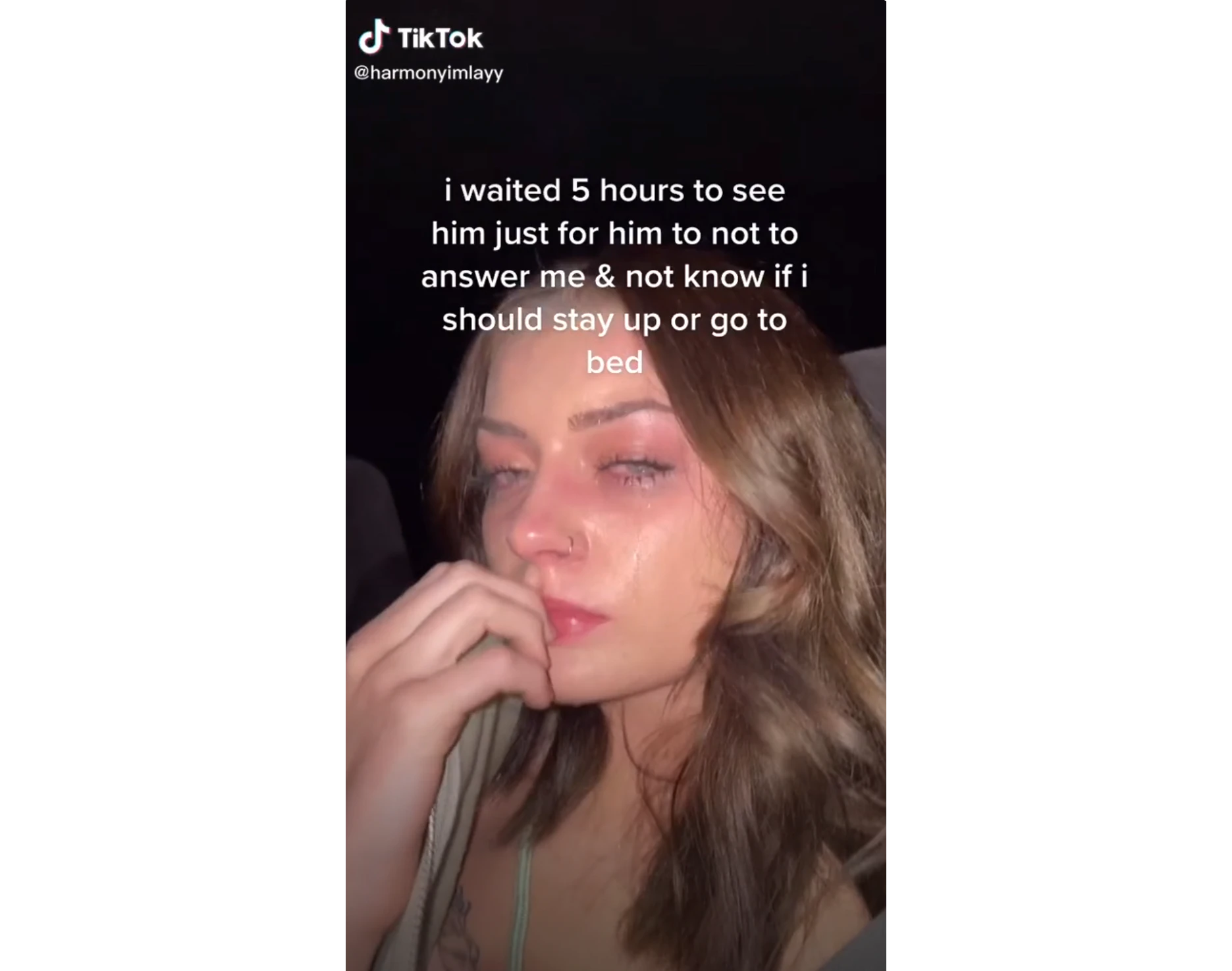
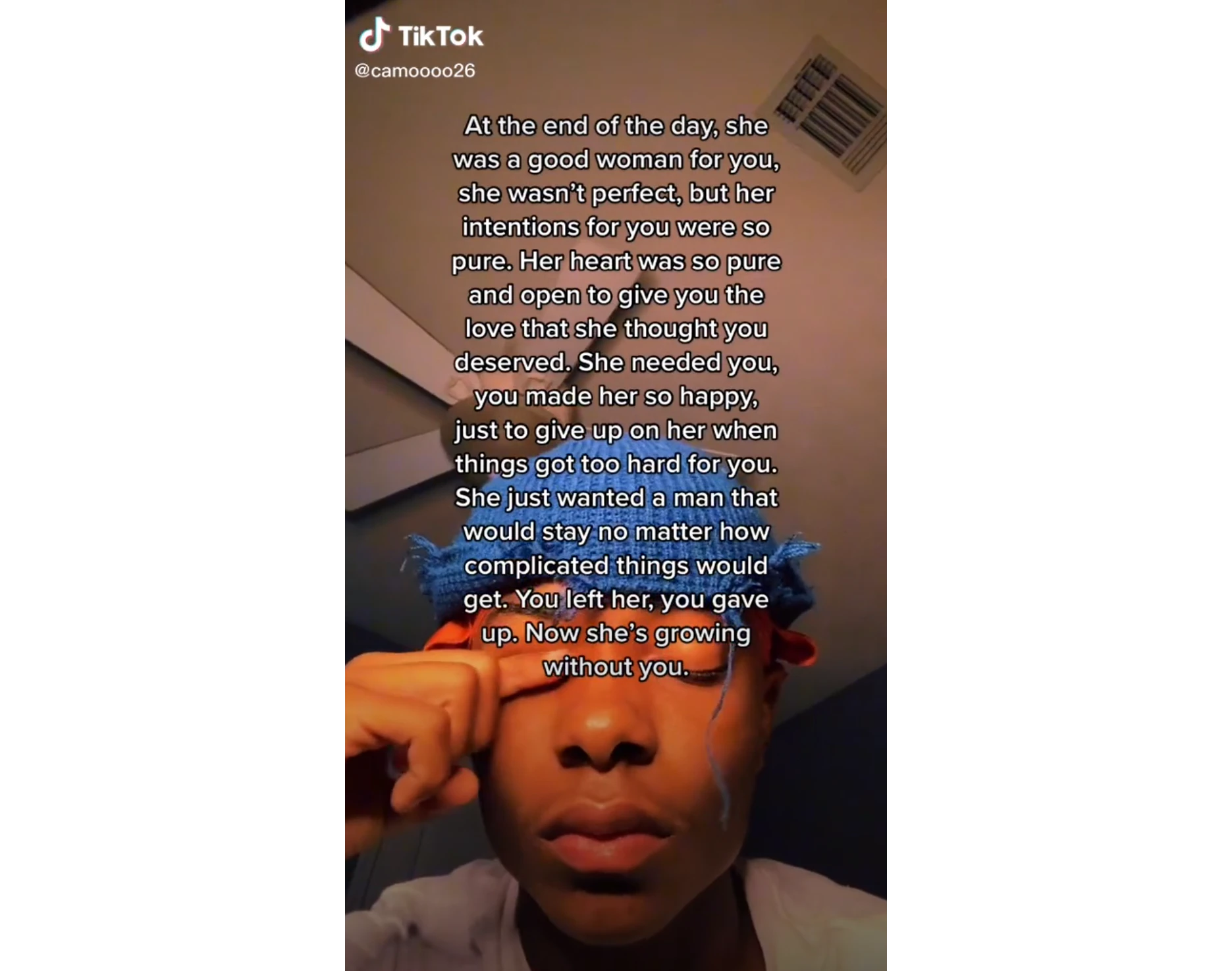
We all know that playing the part of the victim has become increasingly popular in many cultural positions. The same can be said for relationships. While there’s a small portion of content that makes the bold statement of “I need to fix myself, that’s why it didn’t work,” the majority of content focused on failed relationships always points a finger. Of course, none of us wants to admit we’re the problem, where’s the fun in that? But the number of people who can’t see that the fault can be between both people, or even neither, is disconcerting. Bad communication, different goals, dishonest intentions – these are all things both parties are responsible for sharing and repairing.
Closing Thoughts
Social media is smart media. It knows what it’s doing and who it’s doing it for. Our society has placed hardly any limits on what people can say and share online. Our society has also not taught our young generations how to discern what’s being said, nor how to apply it to their personal life.
If an algorithm is intelligent enough to detect your love language, your zodiac sign, and your attachment style, why is it also not intelligent enough to promote videos that positively affect your mental state? TikTok videos and other forms of social media are asking you questions to design their algorithms — maybe it’s time we start asking these systems some questions ourselves.
Help make Evie even better! Take the official Evie reader survey.